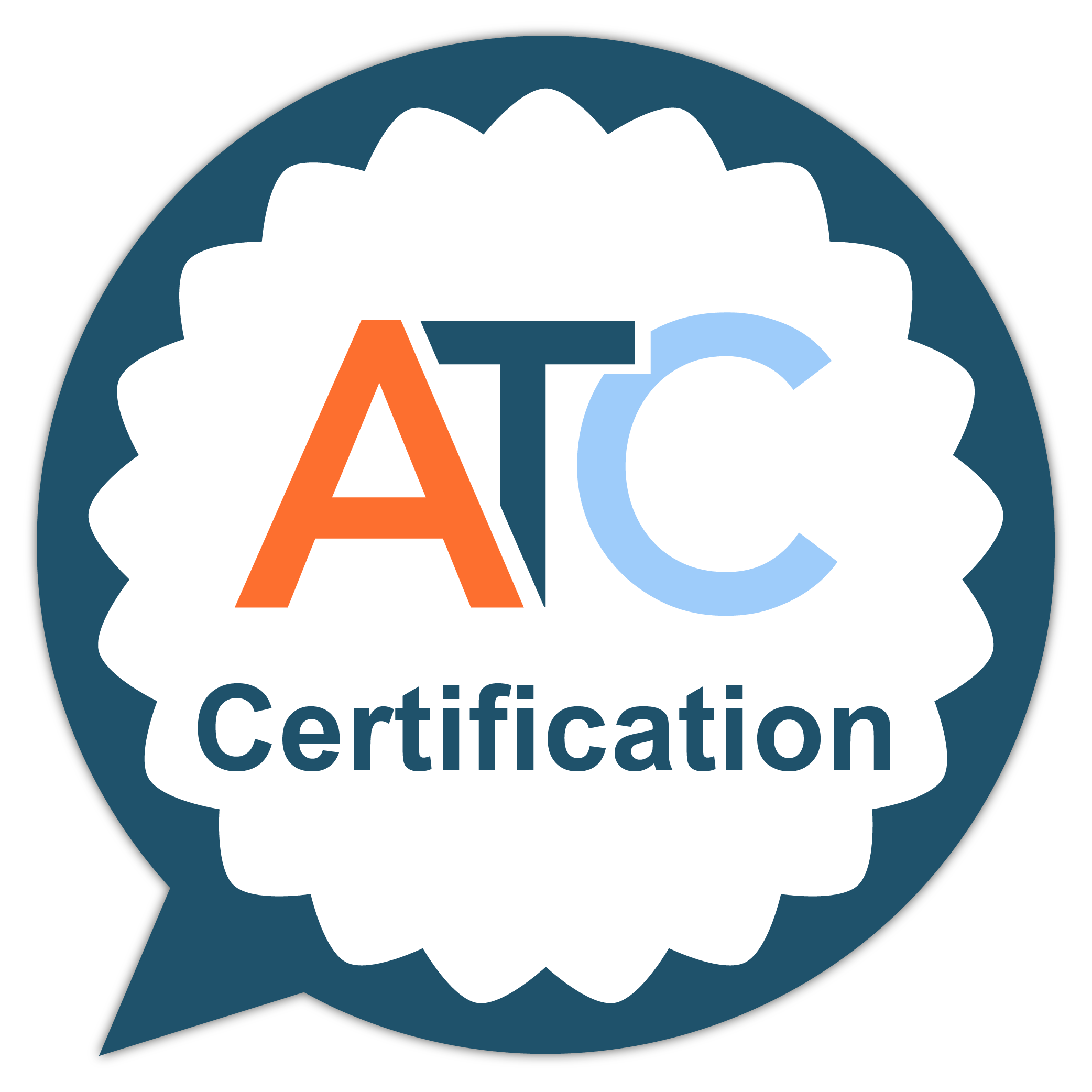
ISO 18841 is an International Standard that establishes basic requirements for the provision of interpreting services including the qualifications & competencies of interpreters, and recommendations of good practice.
Registered Sign Language Interpreter Sarah Vann Brooke tells us more about BSL interpreting and the Role of ISO 18841.
Where are BSL Interpreting Services Needed?
In all aspects of a deaf person’s life interpreters are required, to enable access to information and services. The obvious ones are within education, health, community and legal settings.
At present there is a shortage of qualified, registered British Sign Language (BSL) & English Sign Language interpreters. Combining this with a lack of awareness and legislation with regards to BSL creates opportunities for unqualified interpreters being booked for appointments that they are not safe to attend (hence the BSL Act Now! Campaign and the recent BSL Bill which passed its second stage hearing in the UK Parliament).
Is BSL Interpreting regulated in any way at the moment?
All BSL & English Interpreters must hold Level 6 British Sign Language, a high level of English language acquisition & a Level 6 Diploma in BSL/English Interpreting & Translation. We are required to complete 24 hours of CPD a year (12 hours structured and 12 unstructured as a minimum). The interpreter (RSLI) must be registered either with NRCPD (National Register for Sign Language Professionals) or RBSLI (Regulatory Body for SLI). Service users will know their interpreter is safe to practise as they will hold an NRCPD or RBSLI badge. Trainees (TSLI) are heavily monitored and supervised and have a limited timeframe to achieve RSLI status. As a result, many jobs will be unsuitable for them to attend.
There have been concerns that services have been provided by agencies that are not aware of these requirements, rates of pay or awareness of the deaf community & culture. They have often been services that do not hold a high standard of freelance interpreters on their books and therefore are not safe to practise. For example, interpreters attending certain sectors will be expected to have additional training and certain amount of additional experience to attend certain settings – for example Mental Health or Legal settings.
For organisations who provide interpreting services, this does make their records quite easy to monitor. The checks are so strict so if an interpreter is not on either register, they are not able to practise (NRCPD is the most recognised body as the RBSLI has only been in existence for a few years).
Will organisations need to consider BSL Interpreting more in the future?
If passed, a BSL Act would increase both the official status and public awareness of BSL. Government Departments and public bodies would also be required to adhere to and report their performance against new guidance, setting out how they must meet the needs of BSL users.
British Deaf Association. 28/01/22.
Absolutely this will be a consideration for a lot of services in the future. Information and services will need to be as accessible to deaf, BSL users, as it is currently for the hearing community. Translating information that is accessible to BSL Users – translating documents into accessible English or into BSL video.
How can BSL Interpreting buyers select a good quality supplier?
Historically the knowledge of whether a supplier was of good quality was very much based on how well they delivered a service. Often with damaging results due to lack of knowledge and awareness of that provision should contain.
However, the ISO 18841 standard is a welcome opportunity to offer some assurances with regards to the quality and awareness of the service provision. Of course, using a deaf led service provision has always held good stead within the community although not always practical.
Thank you Sarah!
ISO 18841 Certification for BSL Providers
ATC Certification provides specialist language industry certification and auditing services.
Our ISO 18841 Certification scheme can be used by BSL Interpreting providers to test their processes and achieve certification.
Achieving ISO 18841 certification with ATC Certification demonstrates that your organisation has successfully undergone a two-stage impartial audit process, carried out by language industry expert auditors, and has been found to meet the requirements of the standard.
The benefits of ISO Certification include customer reassurance, managing supply chain risks and being featured on our searchable certificate database.
Contact us for more information on ISO 18841 Certification.


